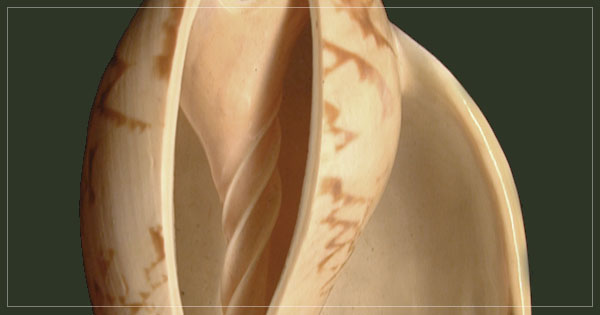
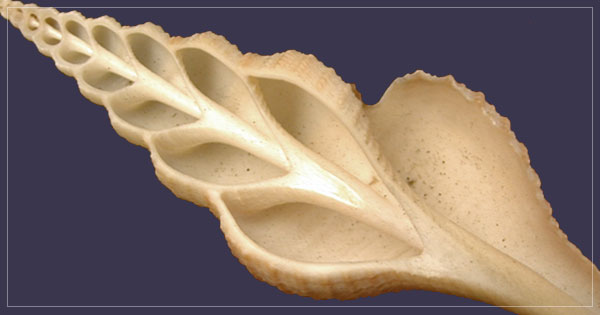
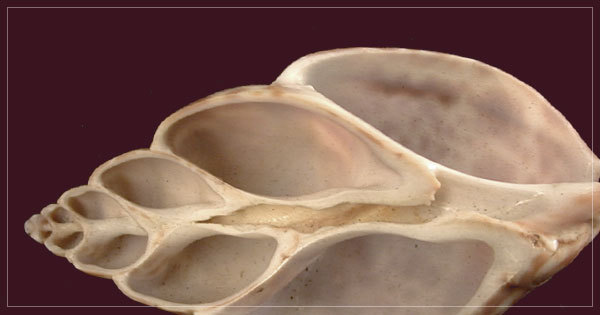
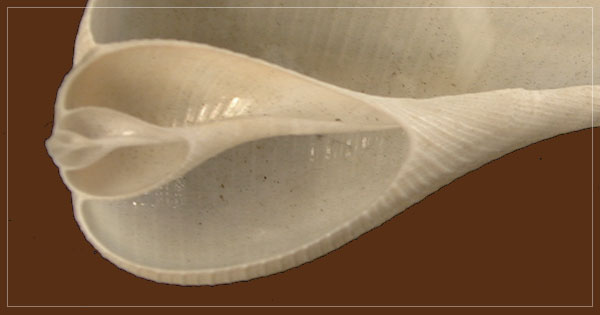




I research how college students learn science and how PhD scientists can teach science more effectively. This research guides and refines my own teaching.
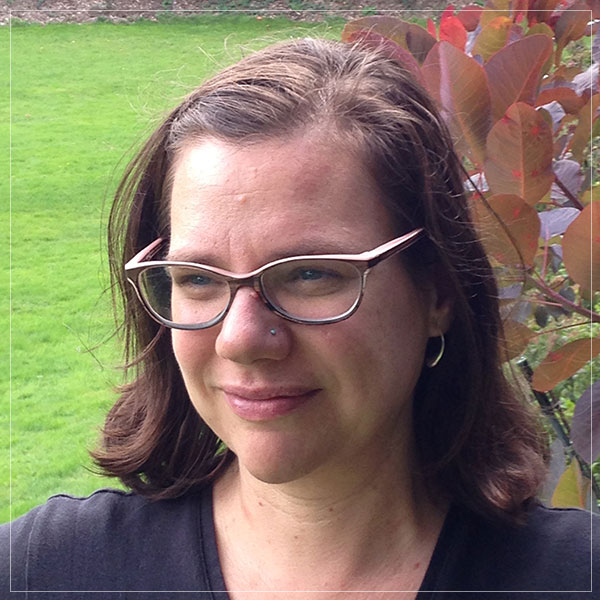
I strive to diversify who appreciates science and who conducts scientific research. Often, the interest to start a scientific career begins in the classroom, and can be nurtured through good teaching. But how do we learn to teach well? And how do we know if our teaching is working? How can we ensure that we reach all the students in our classes, regardless of background? I help early career scientists answer these questions for themselves through the Science Teaching Experience Program (STEP), which supports PhD students and postdocs as they learn inclusive and effective ways to support classroom learning.
STEP has also inspired me to support sciences from marginalized identities, including postdocs as they transition from trainees into their own careers, and early career science faculty.
I’m pleased to be part of a faculty dedicated to providing high-quality, well-rounded education to a diverse undergraduate population. Many campuses offer interdisciplinary learning—a holistic approach integrating writing, quantitative skills, natural, physical and social sciences, humanities, and arts—but few programs offer this invigorating approach to all students. Interdisciplinary learning encourages students to connect their life experiences to their studies.
My goal is to make college learning fun, accessible, and relevant. In Science Methods and Practice, students ask their own unique research questions about how species have evolved through time; they use published data sets to test their hypotheses.
College-level biology education research has emerged in response to a growing need for science education reform. My primary research focus is in biology education, identifying how students comprehend evolution and developing tools to help instructors guide students to think like experts. I have also researched how and why organisms change shape through time and space. Most of this work involves sea snails from a group called neogastropods, which has thousands of species throughout the world’s oceans.
If you are a student interested in working on an independent study project, please check out my research page and send me an e-mail that expresses your interests.